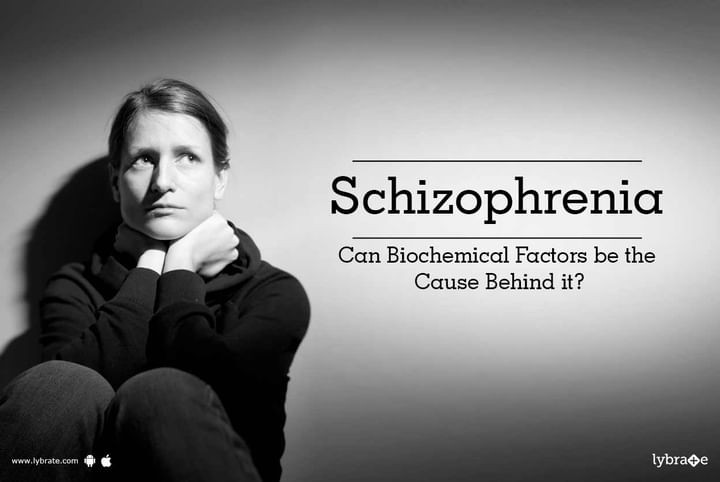Schizophrenia - Can Biochemical Factors be the Cause Behind it?
Schizophrenia is a disease of the mind that is usually degenerative in nature. The complex disorder is generally characterized by symptoms, such as delusions, hallucinations (both auditory and visual) and disturbances in speech and is usually chronic in nature. The symptoms are not regular and can appear at any point of time. So it is highly possible that a person suffering from schizophrenia may sometimes bear resemblance to any other normal person and all of a sudden, might exhibit symptoms typical of Schizophrenia.
The causes of Schizophrenia include:
- Brain Dysfunction: Abnormalities in the cerebral cortex (the cerebrum’s outer covering that is vital in regulating consciousness) of the brain is the most common cause of this disorder. This is due to the presence of abnormally enlarged ventricles in that region. The decreased brain size owing to the enlarged ventricles is often related to the hallucinations and delusions experienced by schizophrenics.
- Genetic Factors: Studies have also stated ‘genetics’ to be an important cause behind this disorder. Closer the family ties, higher the risks of transmitting the disorder.
- Biochemical Factors: More than one neurotransmitter is being targeted by recent drugs to control schizophrenia.
Symptoms which most people do not experience normally, but are found in people diagnosed with schizophrenia are said to be positive symptoms. They are:
- Hallucinations: These are sensory experiences of things that do not exist outside the mind. Hallucinations usually manifest in the form of auditory or visual images.
- Delusions: Delusions on the other hand are false beliefs one has about oneself. Delusions are of 3 major types:
- Grandeur: Wherein the person imagines himself to be a famous personality
- Persecution: The belief that somebody somewhere is plotting against you and the whole world is going to get you.
- Control: The belief that a larger force, let’s say a witch, a demon or even a duck for that matter is controlling your actions.
These positive symptoms generally respond well to medications.
In addition to this, schizophrenics think and speak differently than the rest of the society. They jump from idea to idea, lose track of speech mid-way and often speak in fragmented and haphazardly joined sentences. They are, in fact, unable to fix their attention on anything in particular.
Examples of the most common negative symptoms include:
- The flat effect: The individual basically shows no facial expression and always has a flat emotionless mask on while staring into space. At times, they have inappropriate reactions to situations. Example - they might laugh at somebody's death and cry ad get angry when something good happens.
- Avolition: This condition occurs when the individual just sit for hours doing nothing as well as behaves in a way lacking any motivation or enthusiasm. If you wish to discuss about any specific problem, you can consult a psychiatrist.



+1.svg)
